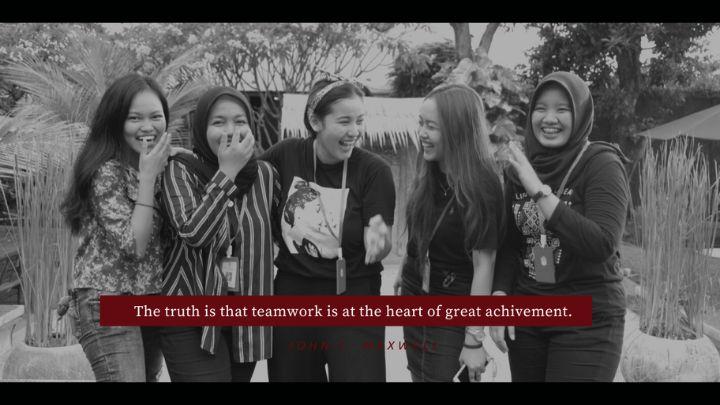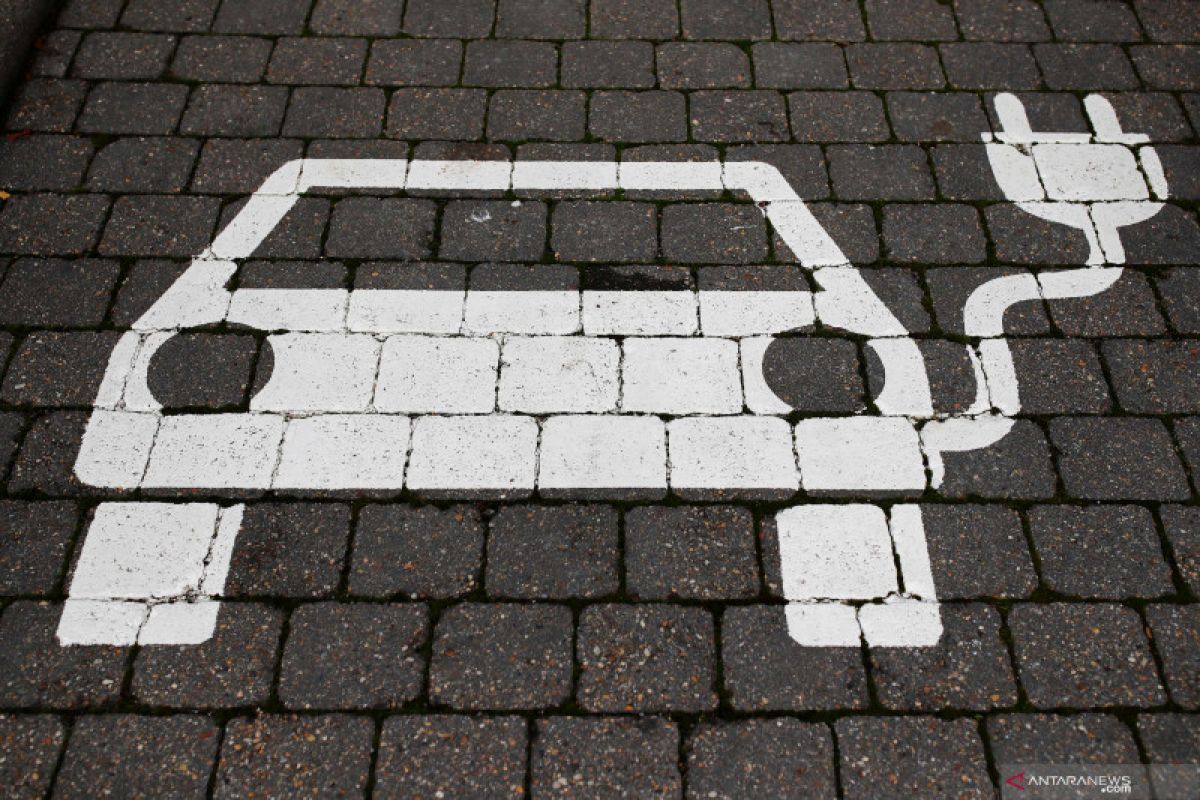TEMPO.CO, Jakarta - Pope Francis’s death on Monday morning, April 21, 2025, sparked a wave of contrasting emotions across Israel, where political figures, commentators, and social media users expressed both criticism and celebration. Much of the discourse centered around the late Pope’s strong condemnation of Israel amid the ongoing conflict in the Gaza Strip, Middle East Eye reported.
In an ironic twist for Israel, Pope Francis passed away shortly after delivering his final message on Easter Sunday, in which he denounced the “tragic humanitarian situation” caused by Israel’s military operations in Gaza. He expressed solidarity with the suffering of both Israelis and Palestinians and urged all parties to cease hostilities, release hostages, and provide aid to civilians who are starving and yearning for peace.
Except for President Isaac Herzog, who extended condolences to the Catholic community and expressed hope that the Pope’s legacy would inspire goodness and hope for humanity, Prime Minister Benjamin Netanyahu and Foreign Minister Gideon Sa'ar remained silent. Neither issued public comments nor posted on social media regarding the Pope’s passing.
Pope’s Critical Remarks on Israel
The Jerusalem Post reported that Israeli officials have openly linked their silence to Pope Francis’s critical statements regarding Israel and the conflict in Gaza. Over the past year, the Pope described the situation in Gaza not as a war, but as an “atrocity.”
Throughout the Gaza conflict, the Pope repeatedly condemned Israel’s actions, particularly highlighting the deaths of Palestinian children, remarks that drew sharp criticism from Israeli politicians. He maintained near-daily phone contact with the Christian community in Gaza, who found comfort in his outreach.
In his 2024 book, Hope Never Disappoints: Pilgrims Toward a Better World, Pope Francis controversially suggested that Israel’s assault on Gaza could amount to genocide and called for an investigation into the allegations. This led Israel’s foreign ministry to summon the Vatican’s top diplomat in December, following the Pope’s accusations of Israeli “atrocities” in Gaza.
Nevertheless, some voices in Israel criticized the decision to remain silent, emphasizing that the Pope was more than just a political figure.
Raphael Schutz, who served as Israel’s ambassador to the Vatican until last summer, told the Jerusalem Post that the silence was a mistake. He acknowledged that the Pope’s harsh statements at the time warranted a strong diplomatic rebuttal. However, he argued that now, following the Pope’s death, Israel should show respect to a spiritual leader revered by more than a billion people—nearly 20 percent of the global population.
Condolence Message Deleted
The Israeli Ministry of Foreign Affairs posted brief condolences on social media platforms including Instagram, Facebook, and X. However, the posts were quickly deleted, sparking curiosity and drawing attention to Israel’s delicate position.
Pope Francis’s funeral is scheduled for Saturday morning, coinciding with the Jewish Sabbath. It remains uncertain whether Israel will send an official representative, given the Pope’s past criticisms and the timing of the funeral.
Schutz believes that Israel should be present despite the challenges. He warned that absence would be highly conspicuous, especially as world leaders gather, and could deepen Israel’s sense of isolation amid the ongoing conflict. Such a move, he said, would be regrettable and could unnecessarily escalate tensions.
Foreign Ministry officials told the Jerusalem Post that the condolence message had been posted “by mistake.” They emphasized that Israel had responded to the Pope’s statements during his lifetime but would not do so after his death, out of respect for the sentiments of the Pope’s followers.
Mixed Reactions on Social Media
The Pope’s passing also sparked intense reactions on Israeli social media, where many users expressed satisfaction over his death, citing his critical stance on Israel. Comments ranged from calling him a “bastard” and a “Jew hater” to outright celebrations of his death.
Beneath posts announcing the Pope’s death, users wrote remarks such as “Thank God the Pope is dead,” accusing him of promoting antisemitism and supporting “Nazi Hamas.” Some even labeled him a “pedophile” and a “heretic,” reflecting deep-seated hostility.
Despite the harsh reactions, some Israelis mourned the Pope's death. President Isaac Herzog extended his "condolences to Christians around the globe and in Israel on the loss of their great spiritual father, His Holiness Pope Francis.”
Herzog expressed hope that the Pope’s prayers for peace in the Middle East and the safe return of the hostages would soon be fulfilled, and that his memory would inspire goodness, unity, and hope.
However, Herzog’s message drew criticism from some who rejected the Pope’s legacy, calling him a “vile antisemite.” At the same time, many others condemned such disrespectful responses and emphasized the importance of religious tolerance and mutual respect.
Editor's Choice: Unexpected Reunion: JD Vance Among Pope Francis' FInal Visitors
Click here to get the latest news updates from Tempo on Google News













































